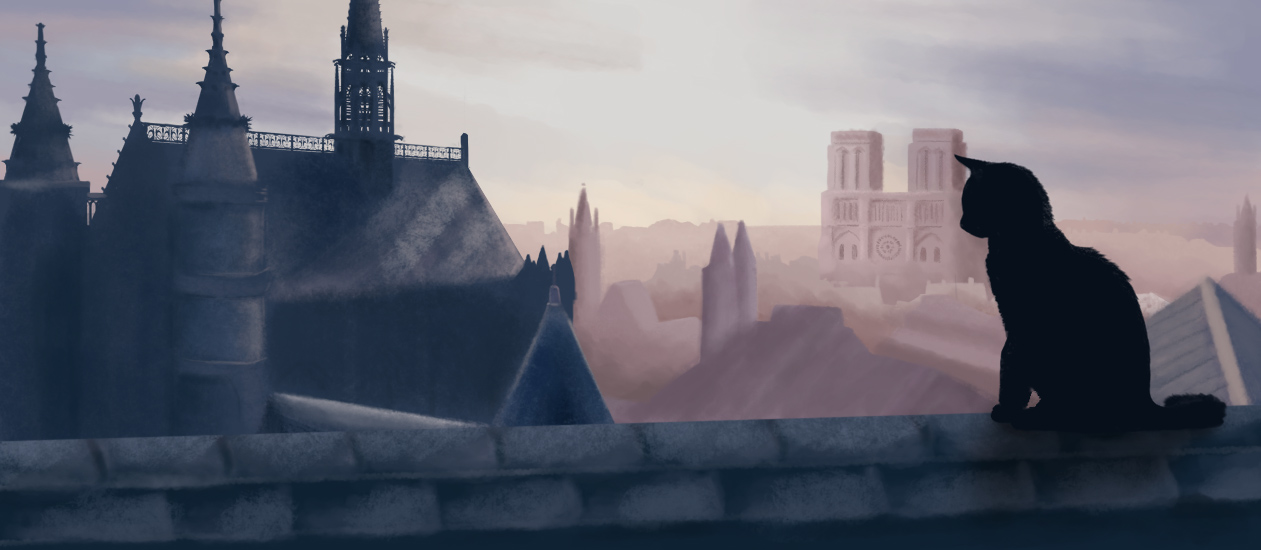On the Nature of Free Will
For nearly 1400 years, the Roman Catholic Church was the dominant political and social force in western Europe. Other than the Muslim stronghold in Al-Andalus, all nations looked to the Pope as the religious authority.
In 1352, a bishop in Ireland threw a wrench into the system. He came out of the Penitentist tradition, a heretical belief that embraced Soul Guide and saw them as gifts from God, rather than demons. Richard FitzRalph, the archbishop of Armagh, went even further with the publishing of the On the Nature of Free Will, in which he argued that humans, as a rule, possess free will and that the Catholic stance of humans being ruled by God's will was incorrect.
This publication spread through Europe and led to the creation of the Arbitrium Church, which went on to seize power from the Roman Catholic Church in the furthest west parts of Europe. Today, religious power in Europe is split between Arbitriumism and Catholicism.
Purpose
To outline the beliefs of Richard FitzRalph and argue that the predominent Catholic doctrine was incorrect.
Historical Details
Public Reaction
The publication stirred up either outrage or inspiration depending on how convincing one found FitzRalph's arguments. FitzRalph was branded a heretic for the work and urged to recant it or face excommunication. Over the following decades, the work created a great schism throughout Europe as political leaders chose their side and either converted to Arbitriumism or vowed to stand against it. This shook up the alliances and partnerships that had ruled Europe and continues to influence the political scene of Europe today.
Type
Text, Religious
Medium
Paper
Authoring Date
1352


